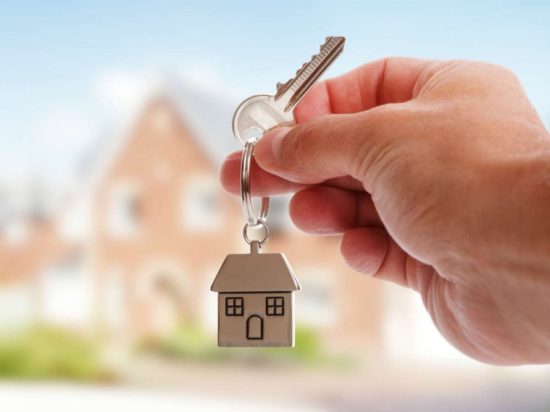3 Great Tips To Help You Purchase Your First Home

Buying a home is a big decision. It's an investment that will have long-lasting benefits for you and your family, as well as potentially affecting the local housing market in a positive way.
The process of buying a home can be intimidating, especially if it's your first time. Here are three tips to help you get started:
1. Know what you want.
It may seem obvious, but before you start looking for homes, it's important to know exactly what type of house or apartment would suit your needs and lifestyle best. Take some time to think about what kind of neighborhood you want to settle in — do you want to be close to friends and family? Do you want easy access to work? Do you need plenty of space for entertaining? Once you've decided on key factors like proximity to friends and family and the type of neighborhood, start narrowing down potential options based on those criteria. If there aren't many options near your current residence, consider renting another place until one becomes available (or just wait it out).
2. Get prequalified for a mortgage
Not having enough money saved up to purchase a home is one of the top reasons why people give up on their dream of home ownership. But if you're not able to put down 20 percent of the purchase price, you won't qualify for a conventional mortgage. It's a common misconception that if you can't afford 20 percent down, then you won't be approved for a conventional loan. However, lenders don't just look at minimum credit scores and loan-to-value ratios when making decisions about whether or not someone will be approved for a mortgage — they also take into account other factors like employment history and debt-to-income ratios when assessing your ability to repay the loan. In order to get approved for a conventional mortgage with less than 20 percent down, you need an excellent credit score (650+) and good income (at least $50,000 per year). You may also need to provide proof that you have enough savings or equity in your home that could help cover some of the cost of purchasing it out rightly.
3. Know Your Credit Score
You want to make sure that when you apply for a mortgage, lenders will know that you can afford the monthly payments and are able to pay them back in full. The best way to do this is by knowing your credit score before applying for any type of loan or credit card. Your credit score will vary depending on what kind of loan or credit card application you're filling out, but it will generally range from 300-850 (with lower scores being better). If you're trying to buy a home with no money down and no mortgage financing available, then knowing your credit score will be very important because it determines how much interest may be added onto your loan or how much interest may be charged each month if you choose interest-only payments over paying off principal over time.
